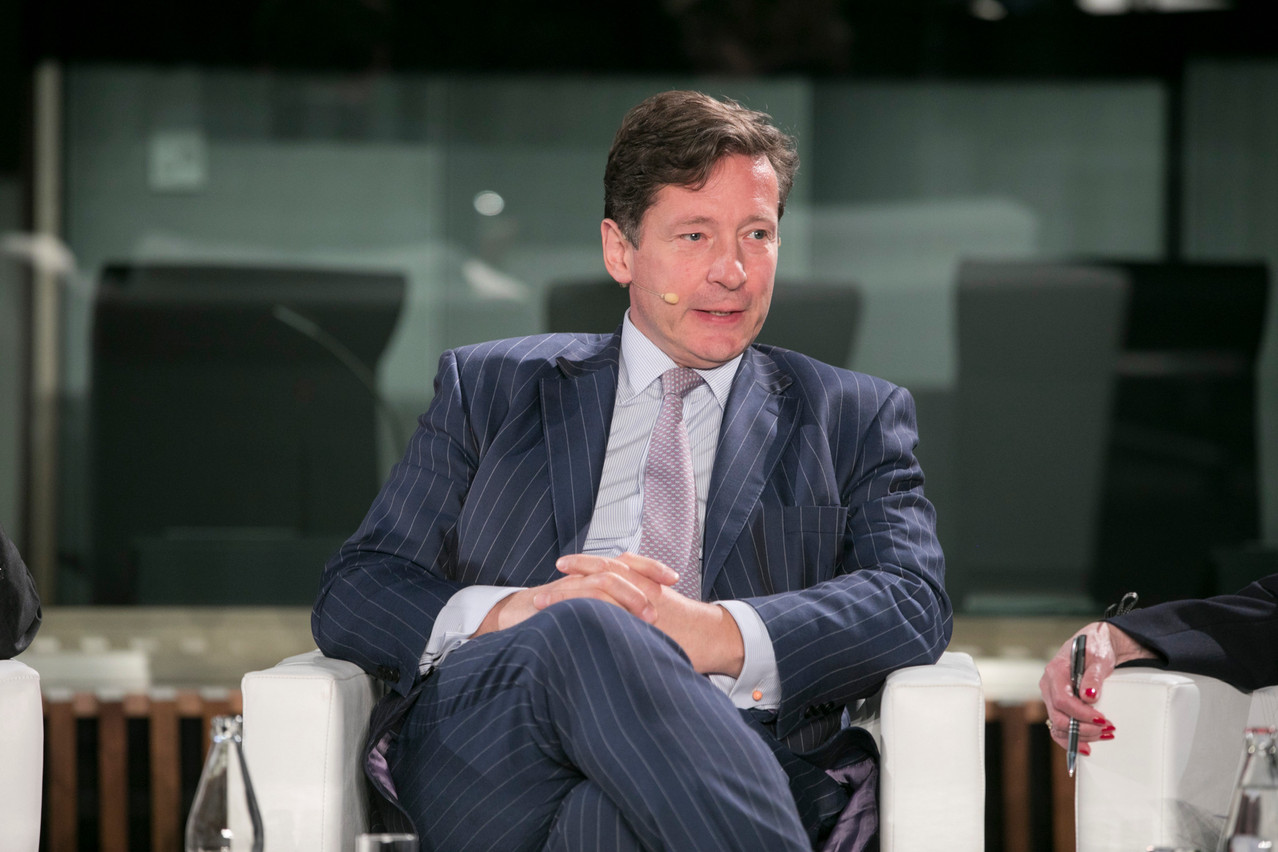“The Luxembourg financial centre is doing well, but it could do even better,” said , CEO of Luxembourg for Finance, during hearing with members of parliament’s Finance and Budget Committee on Monday 20 June. In the coming months, the financial centre will have to take up important challenges, including that of attractiveness in order to attract more talent and specific profiles. “In these circumstances, questions arise concerning taxation and review of the value-added creation chain”, Mackel stated, according to the public minutes published by parliament.
Over the past five years, the number of employees in the financial centre has increased by 11% and there are now around 63,000 people working in the financial sector.
“Currently, the financial centre is under economic pressure due to the war in Ukraine. Other factors impacting the financial sector are of a structural nature, such as the digital transition, regulations, consolidation and competition from other financial centres,” Mackel told MPs.
What relations should Luxembourg have with China, especially in view of the tensions with Russia? This question was raised by one MP. “Unlike Russia, the economic dependence on China is enormous”, Mackel said, while acknowledging that the financial sector is less affected than other sectors.
Originally published in French by and translated for Delano
